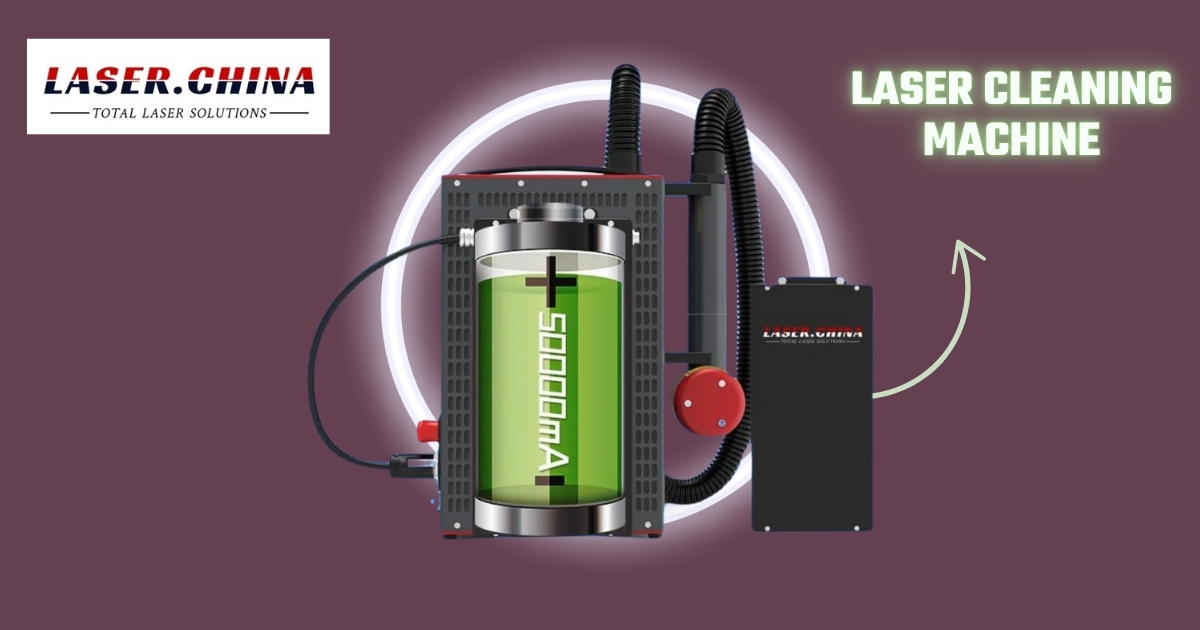
Chinese laser welders have gained popularity in recent years due to their affordability, technological advancements, and versatility. Many businesses in industries such as automotive, aerospace, jewelry, and manufacturing are considering them as an alternative to European and American brands. But is a Chinese laser welder a good investment for your business? Let’s explore the key aspects of performance, quality, cost, and reliability to help you make an informed decision.
1. Cost-Effectiveness
One of the biggest advantages of Chinese laser welders is their cost. Compared to Western brands like Trumpf, IPG, or Coherent, Chinese laser welders are significantly more affordable. A high-quality fiber laser welder from China can cost 30-50% less than its Western counterpart while still offering comparable performance for most applications. This cost-effectiveness allows small and medium-sized businesses to access laser welding technology without a huge investment.
2. Performance and Precision
Chinese manufacturers have made great strides in laser welding technology. Many leading brands such as Raycus, MAX, and JPT now offer fiber laser welders that provide high precision, low heat-affected zones, and strong weld joints. These machines are widely used for welding stainless steel, aluminum, titanium, and other metals. Some high-end models also include advanced features like real-time monitoring, automatic focusing, and intelligent control systems to enhance welding accuracy.
3. Build Quality and Reliability
While earlier models of Chinese laser welders had reliability issues, recent advancements have significantly improved their durability and performance. Many reputable Chinese manufacturers now use high-quality components, including imported laser sources and industrial-grade control systems. However, buyers must carefully select manufacturers with a strong reputation and good customer reviews to ensure reliability.
4. Ease of Use and Maintenance
Modern Chinese laser welders come with user-friendly interfaces, touchscreen controls, and pre-programmed settings that make them easy to operate, even for beginners. Additionally, they require minimal maintenance compared to traditional welding techniques like TIG and MIG. However, spare parts and customer support availability can vary depending on the brand, so it’s essential to choose a supplier that provides after-sales service and technical support.
5. Applications and Industries
Chinese laser welders are widely used in various industries, including:
- Jewelry Making – Precision welding of gold, silver, and platinum.
- Automotive Industry – Welding stainless steel exhausts, fuel tanks, and car frames.
- Electronics – Welding battery packs, sensors, and circuit boards.
- Medical Industry – Fabrication of surgical tools and implants.
6. Key Considerations Before Buying
Before purchasing a Chinese laser welder, consider the following:
- Brand Reputation – Choose manufacturers with positive customer feedback.
- Power Requirements – Select a laser power that suits your welding needs (e.g., 1000W, 1500W, 2000W).
- Warranty and Support – Ensure the manufacturer provides technical support and a warranty.
- Spare Parts Availability – Check if spare parts are readily available in your region.
Conclusion
A Chinese laser welder can be a great investment for businesses looking for an affordable, efficient, and precise welding solution. With improved quality, reliable performance, and lower costs, many companies are successfully integrating them into their operations. However, careful research is essential to choosing the right brand and model for your specific needs.